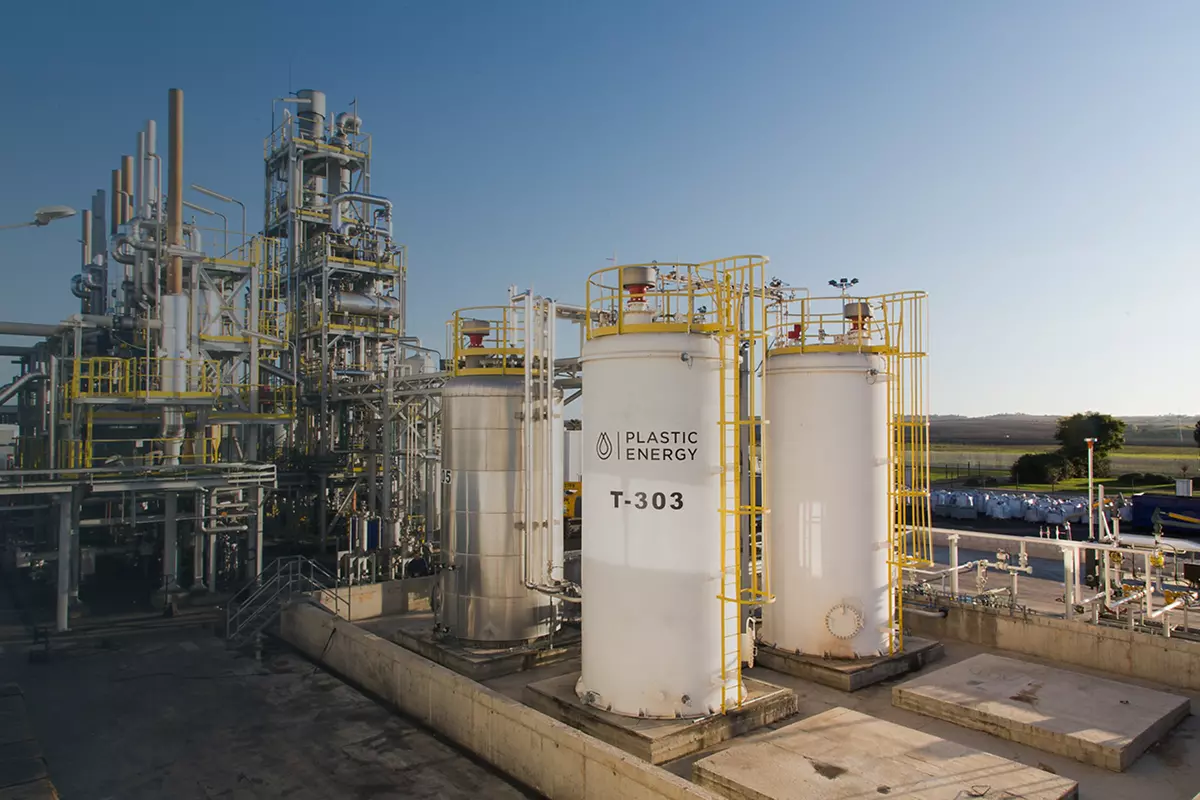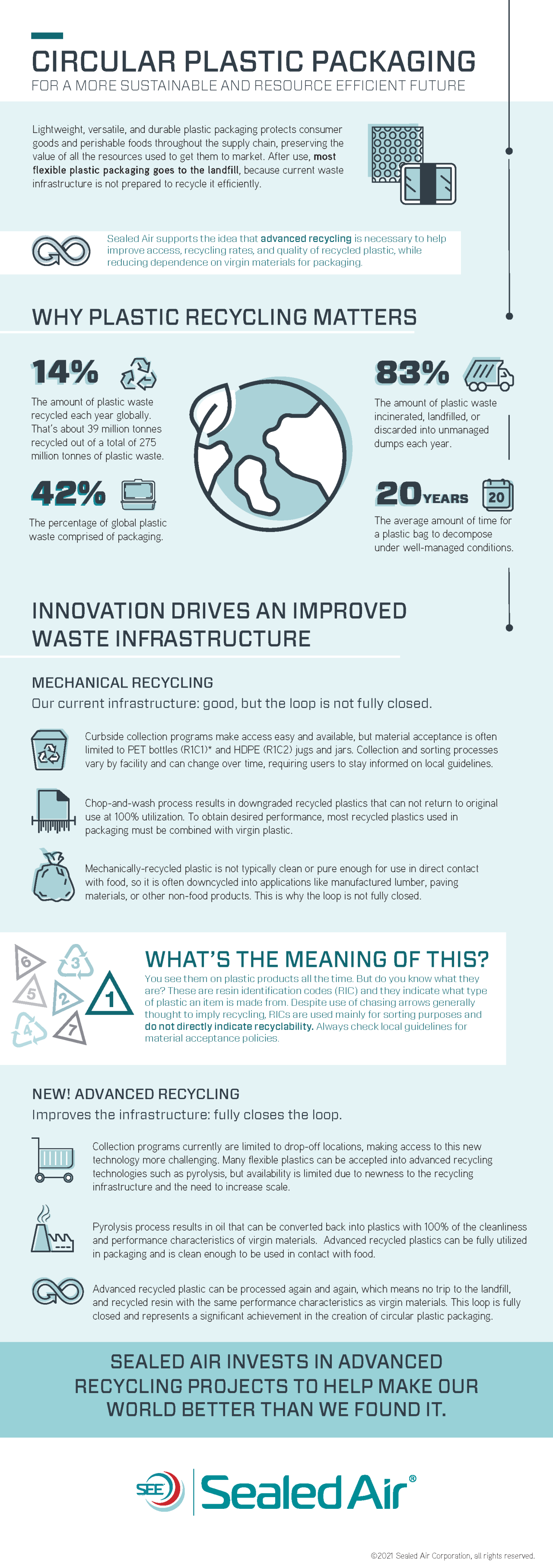Europe, Middle East, Africa (EMEA)
Asia Pacific (APAC)
Americas (AM)
- Vertical Form-Fill-Seal Films
- Barrier Formable Paper Webs
- Overwrap Films
- Pouches range
- Pre-Opened Bags
- Tray Lid Films
- Vacuum Shrink Bags
- Vacuum Skin Packaging
- Bag-in-Box
- Shrinkable Rollstock
- Food Equipment
- AutoWrap Lite system
- Bagging and Loading
- Bag and Pouch Food System
- Bag-in-Box Fillers
- Drying Tunnel
- Food Packaging Shrink Tunnels
- Vertical Form-Fill-Seal Equipment
- Rotating Belt Conveyor
- Soft Vacuum Systems
- Vacuum Chamber Systems
- Vacuum Skin Equipment
- Automated Cartoning
- Automated Mailers
- Bubble Bags
- Bubble Bundles
- Films, Bags, and Pouches
- Foam Moulding Systems
- Construction Solutions
- Inflatable Pillows
- Inflatable Cushioning
- Inflatable Pouches
- Inflatable Cushioning System
- Inflatable Void Fill System
- Instapak® Quick RT®
- Instapak® Foam-In-Bag Systems
- Instapak® Speedypacker®
- Light Cushioning
- Paper Mailers
- Paper Cushioning System
- Manual Paper Void-Fill Solutions
- Paper Void-Fill Systems
- Paper Wrapping Solutions
- Performance Inflatables
- Polyethylene Sheets and Rolls
- Poly Mailers
- Recycled Bubble
- Recycled Inflatable Cushioning
- Suspension & Retention
- Shrink Films
- Recycled Content Inflatable Air Pillows
- Surface Protection Foams
- Temperature Assurance
- Textile Packaging System
- Universal Inflation System
- Aerospace and Defense
- Alternative Proteins
- Apparel and Accessories
- Automotive
- Bakery and Snacks
- Building & Construction
- Cheese & Dairy Foods
- Consumer Goods
- Electronics
- Food & Beverage
- Food Processing
- Food Service
- Fresh Beef, Pork & Lamb
- Fresh Produce
- Frozen Foods
- Healthcare & Pharma
- Industrial Parts
- Manufacturing
- Meal Kit Packaging
- Pet Care
- Poultry Packaging
- Ready to Eat Meals
- Seafood
- Soups, Sauces & Sides
- Liquid Food Products
- IoT Is Transforming Food Manufacturing
- Recycling and Reusing Packaging Materials
- 3 Packaging Mistakes Brands Should Avoid
- Are Your Recycling Efforts a Waste?
- Shippers Beware: Freight Costs Can Cost You Everything
- Sustainability Impact of E-Commerce Packaging
- Return Logistics Help for Online Retailers
- Tackle Dimensional Weight
- Fulfillment Complexity
- Consumers Need a Reset for Recycling
- Challenges of eFood Delivery
- Don’t Let Boxes Ruin Your Brand
- 4 Basic Ways to Improve Unboxing
- E-Commerce Demand Drives Change
- The Changing Face of the Retail Grocery Shopper
- Limited Touchpoints Ease Consumer Concerns
- Case-Ready Packaging Helps Offset Uncertainty
- Paper Remains Top Pick for Recyclable Packaging
- Unsealing Food Technology to Feed the World
- Shipping Trends Favor Parcels, Not Pallets
- Online Shopping Goes High-Tech — and High Risk
- Closing the Loop with Advanced Recycling
- 4 Reasons to Switch From Rigid to Flexible Packaging
- Nordic Food Retail
- EV Charger
- Certificate EN15343 Aneby
- Polyethylene Foams channels
- Polyethylene Foams customers
- Skin Packaging
- Korrvu solutions for packaging
- Meat Packaging Automation
- Bubble Wrap Appreciation Day
- The Environmental Impact of Damaged Products
- Making the Switch to Paper Packaging?
- Are You Ready for Intelligent Automation Solutions?
- Pack Station Solutions
- Solving Complex Fulfillment Challenges
- Let's Be Clear About Single-Use Plastics
- Reducing Food Waste Throughout The Global Supply Chain
- Podcast
- Ensuring Food Safety With CRYOVAC® Brand High-Performance Barrier Packaging
- How to Shift From Pallets to Parcels
- Coronavirus Vaccine and Testing Packaging Solutions
- Switch From Rigid to Flexible Liquid Packaging
- Guide to Packaging Automation
- Sealed Air Sustainable Packaging Guide
- Case-Ready: Ready for Anything
- Recycle-Ready Shrink Bags and Shrinkable Rollstock
- Recyclability Claims: What You Need to Know
- Manufacturer's Guide: Switching From Pallets to Parcels
- 5 Pitfalls to Avoid When Automating Your Packaging Hall

Advanced Recycling: the Future of Circular Plastic
Sealed Air invests in advanced technologies to ensure more and better options for plastic recycling.
Closing the Loop
The very nature of flexible plastic – being lightweight, strong and pliable – is exactly what makes it harder to recycle than rigid materials like PET bottles or polyethylene milk cartons. Most modern recycling facilities employ a process known as mechanical recycling, where used, rigid plastics are typically sorted, cleaned, shredded, melted and then reformed into plastic pellets. While flexible plastics often do end up at the recycling facilities, they don’t get recycled there – if they get recycled at all.
More Plastic Shouldn't Mean Less Recycling
At a time when plastic packaging is becoming more and more essential to global commerce, the amount of plastic recycled each year is dropping. Market conditions for mechanically recycled plastics remain weak and recycling facilities facing pressure to operate profitably are shutting down. Around the world today, only about 14% of all plastic is recycled, and most of that is limited to rigid structures like PET water bottles and HDPE milk cartons.
Mechanical recycling facilities generally don’t process flexible plastics because the very nature of why we need them – being strong and lightweight – means materials like films and bags wrap around the sorting screens and can clog the machinery. When this happens, the processor is forced to shut down until the screens can be cleared – a task that creates a work hazard for employees, and one that results in loss of daily productivity and profit.
From Linear to Recycled to Circular
Mechanically recycled plastic generally is downcycled, meaning its performance characteristics are not the same as virgin materials, so it cannot return to the original use or function. This also means that most plastics can only be mechanically recycled once or twice, so that even recycled plastic can make its way to the landfill.
Flexible plastics play a critical role in packaging, so, how can we balance the growing demands of global commerce with the need to address the limitations of our waste infrastructure? The solution is closer than you may know: a process known as advanced recycling, also known as chemical recycling, a new technology that turns used plastics of all types into circular plastic with performance properties equal to their original state.
Off to a New Start
Advanced recycling is a promising, new technology that is in the process of growing to scale. Most programmes are currently small or regional where consumers take discarded materials to specific drop-off locations like retail or grocery stores. Plastic from these drop-off locations are then collected, sorted, consolidated, baled and transported to an advanced recycling facility.
Plastics are then either dissolved or broken down with heat to their basic, chemical building blocks, typically in the form of oil. That oil, in turn, can be used much like virgin crude oil in the process of creating new plastic. Not only can advanced recycling accept a wide range of flexible plastic packaging, the resulting product matches the safety and performance of virgin plastic materials – without the use of new petroleum feedstocks.
Plastics can be put through the advanced recycling process over and over with no degradation of material performance – even to the point of being acceptable for food contact. That’s why we believe advanced recycling represents the future of sustainable packaging in a circular economy. We still have a long way to go, so that's why Sealed Air is investing in advanced recycling technology projects.

Being Part of the Solution
In August 2020, Sealed Air announced an equity investment in Plastic Energy Global, a company looking to expand access to advanced recycling around the world by building 50 new facilities over the next 10 years. With a goal of processing 300,000 tons of plastic waste by 2025, Plastic Energy offers a technology platform that will enable a significant diversion of plastic away from landfills, as well as provide raw materials for the creation of plastic without the need for new petroleum.
At Sealed Air, we know that while flexible plastic remains the best choice for a variety of packaging applications, reducing plastic waste is an issue that can’t be solved without new ideas and innovative technologies. We want better, cleaner, more viable recycled plastics to put into our products, so our customers can offer them in theirs – and we’re putting our money where our mouth is by investing in the means to start closing the loop.




